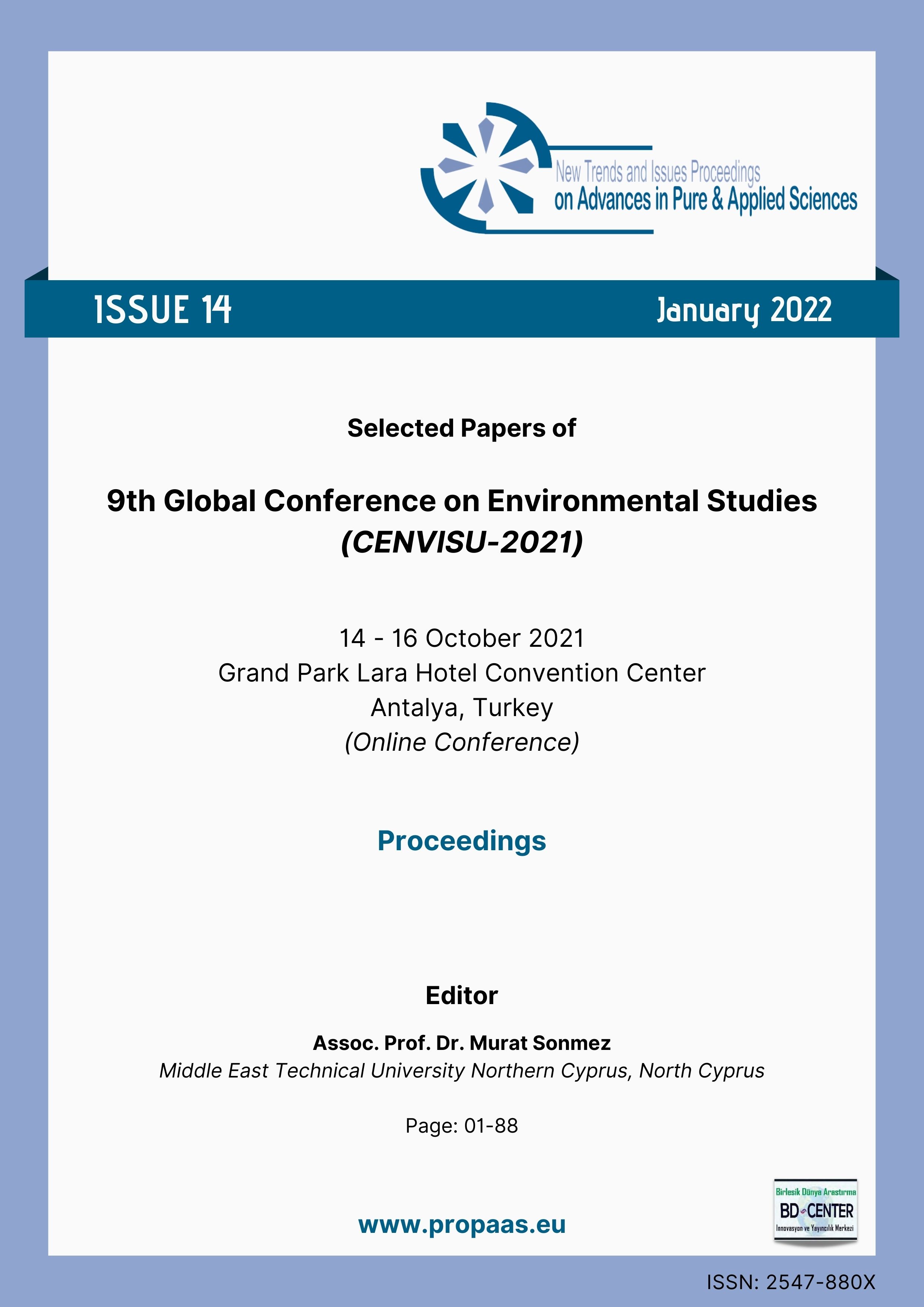Impact of liberal democracy toward deforestation In East Kotawaringin, Central Kalimantan, Indonesia
Main Article Content
Abstract
Indonesia is known as a country that has an abundance of tropical forests and has implemented regional autonomy in each region. This article aims to explain the link between deforestation rates and liberal democratic governments in Indonesia, specifically in East Kotawaringin which has one of the largest forests areas in Indonesia. The method used in this study is a qualitative method with data from books, journals, government reports, articles, and studies conducted by non-governmental organizations with an environmental focus. This research finds that there is a link between liberal democratic governments and deforestation rates, shown by how regional autonomy has given the local government a right to manage their region and natural resources, the high cost of the local leader election as evidence of the liberal democratic system in Indonesia, and the potential of utilizing the natural resources in the region as an assurance for funding aid in the local leader election.
Keywords: Deforestation; East Kotawaringin; Forest; Liberal Democracy; Regional Autonomy.
Downloads
Article Details

This work is licensed under a Creative Commons Attribution 4.0 International License.
Authors who publish with this journal agree to the following terms:- Authors retain copyright and grant the journal right of first publication with the work simultaneously licensed under a Creative Commons Attribution License that allows others to share the work with an acknowledgement of the work's authorship and initial publication in this journal.
- Authors are able to enter into separate, additional contractual arrangements for the non-exclusive distribution of the journal's published version of the work (e.g., post it to an institutional repository or publish it in a book), with an acknowledgement of its initial publication in this journal.
- Authors are permitted and encouraged to post their work online (e.g., in institutional repositories or on their website) prior to and during the submission process, as it can lead to productive exchanges, as well as earlier and greater citation of published work (See The Effect of Open Access).
